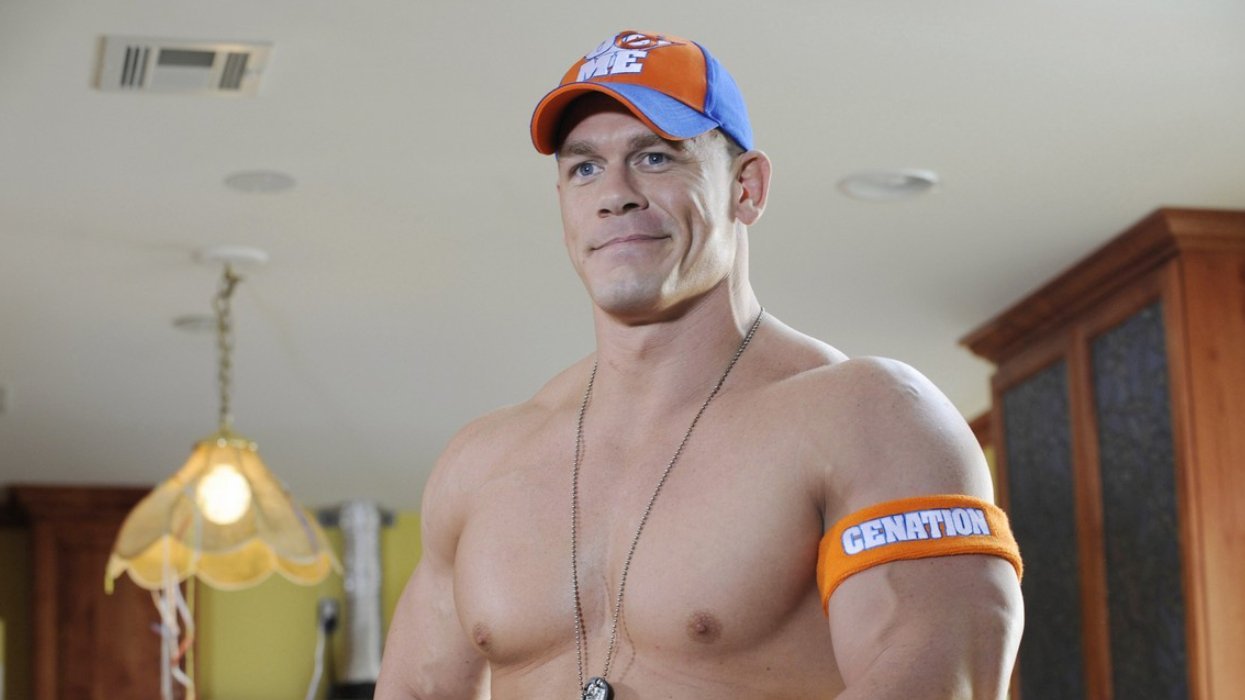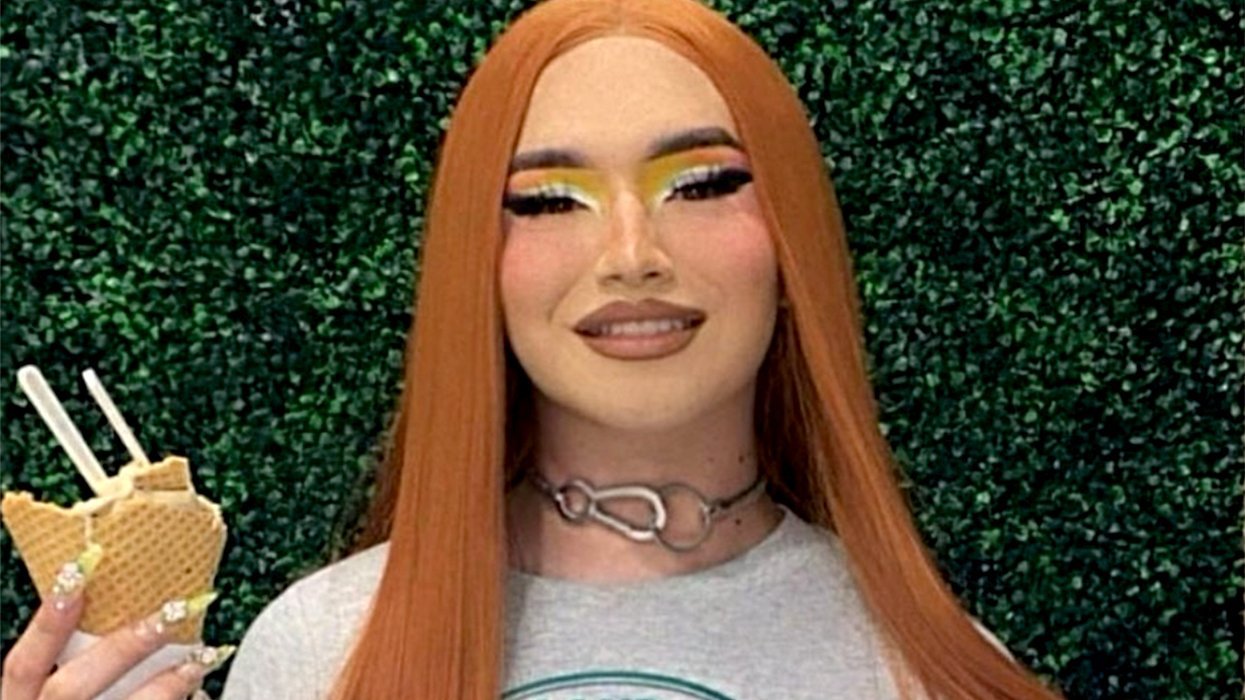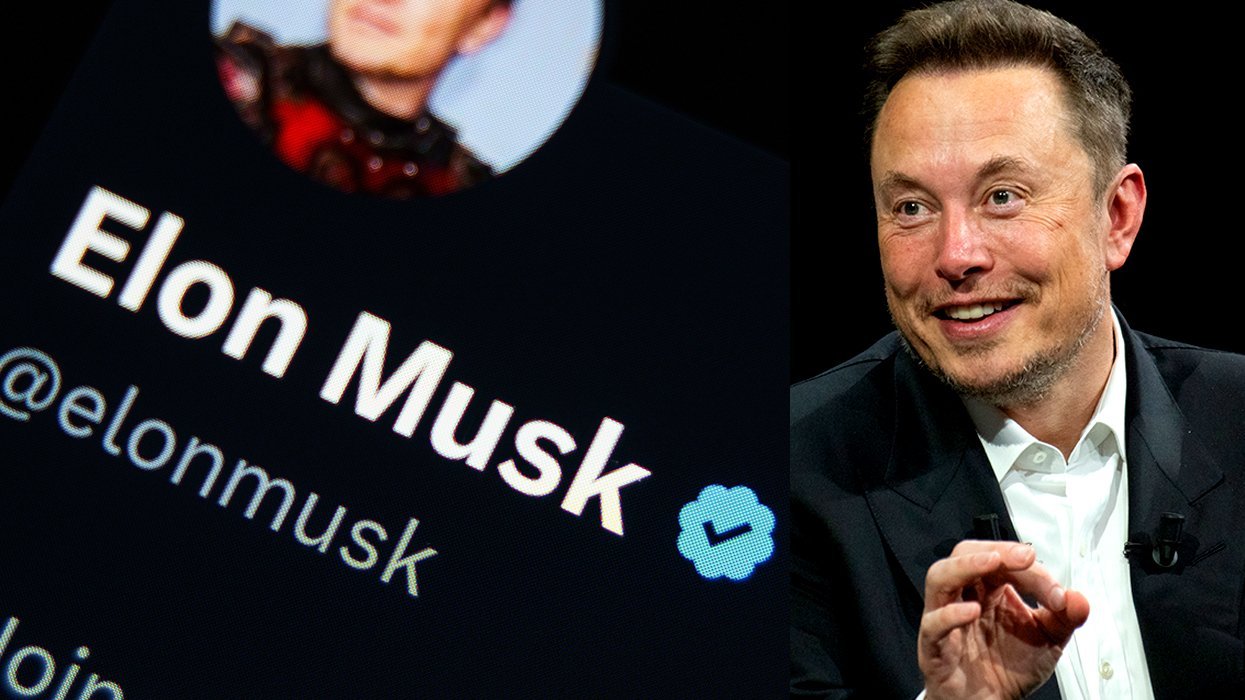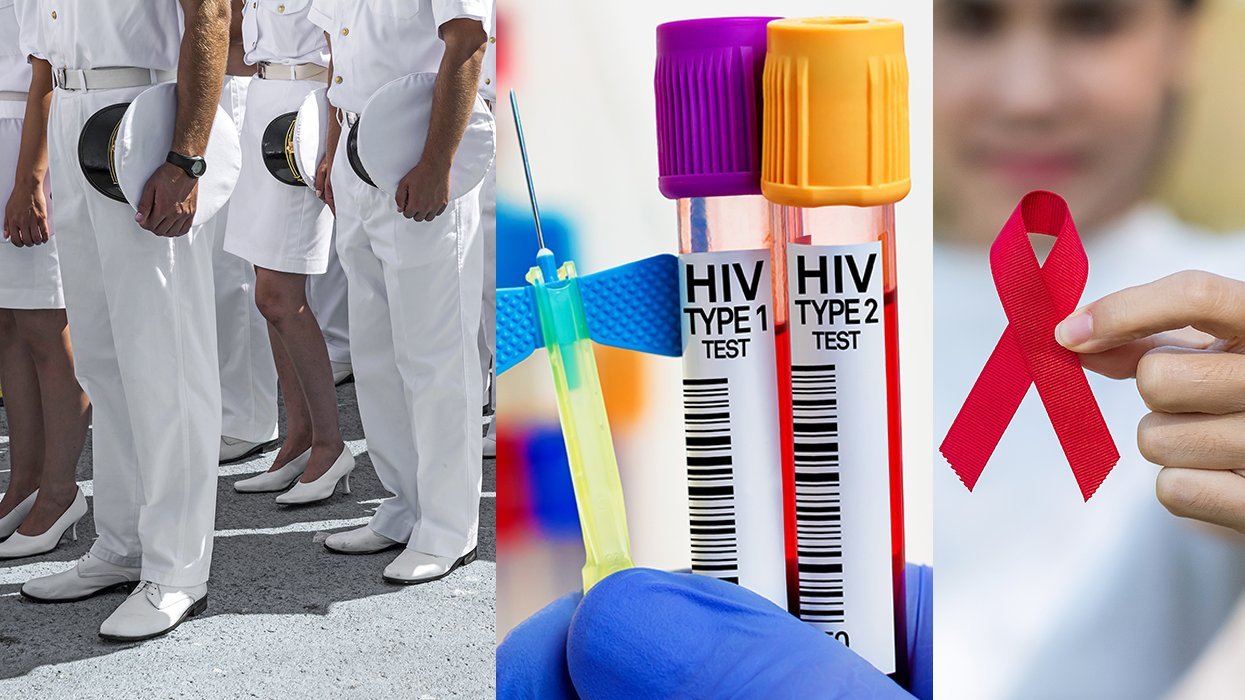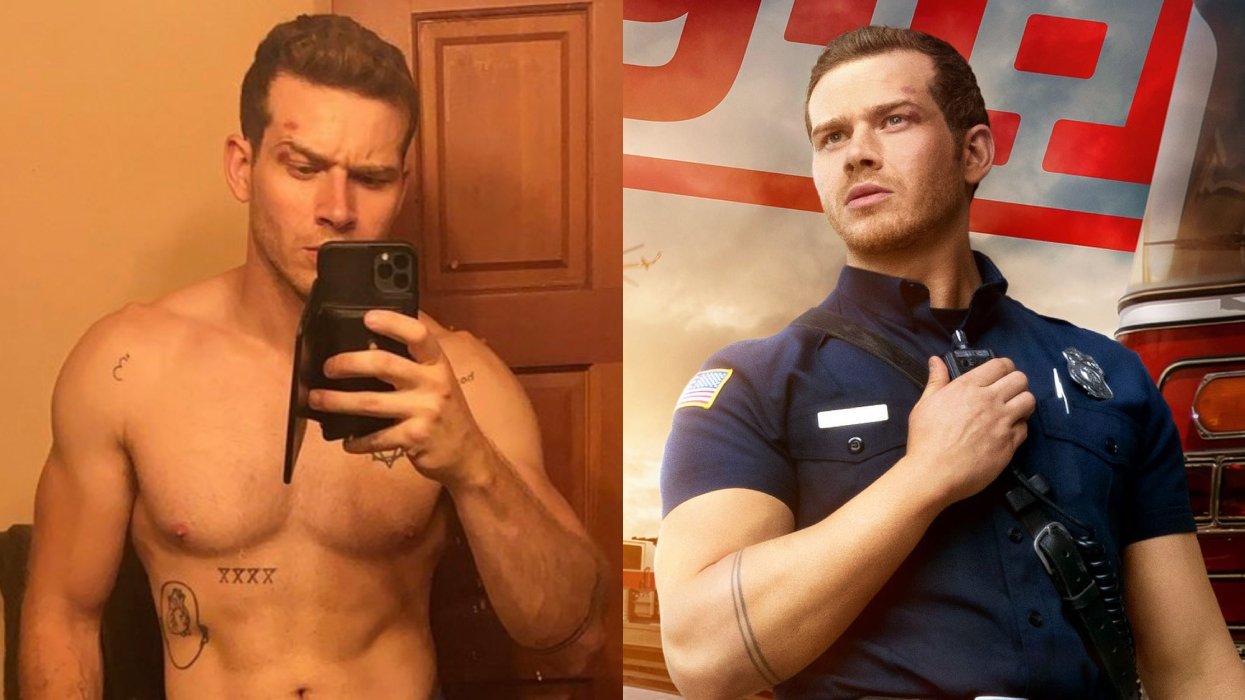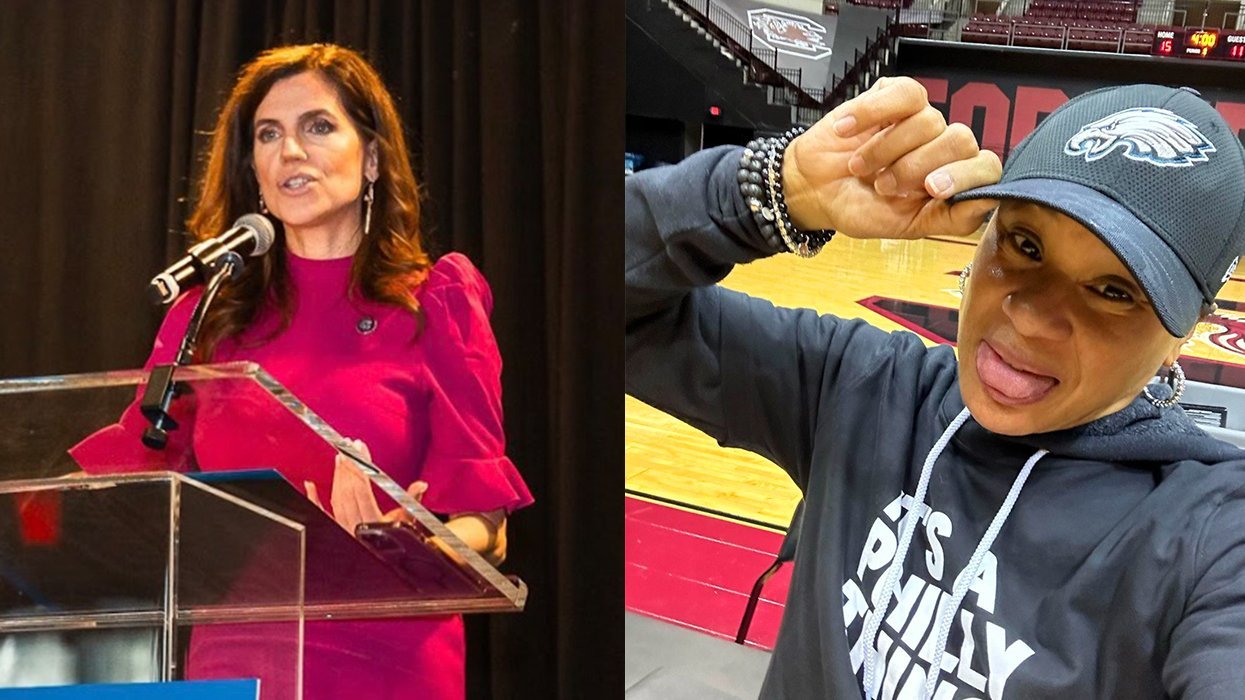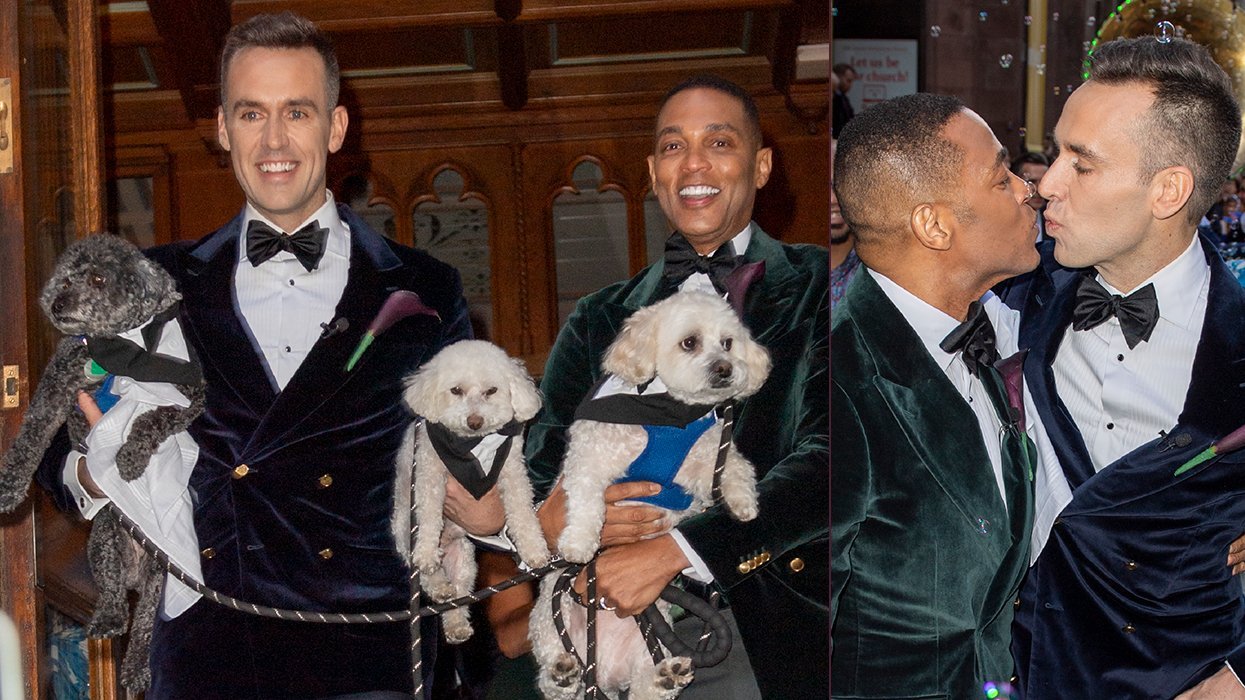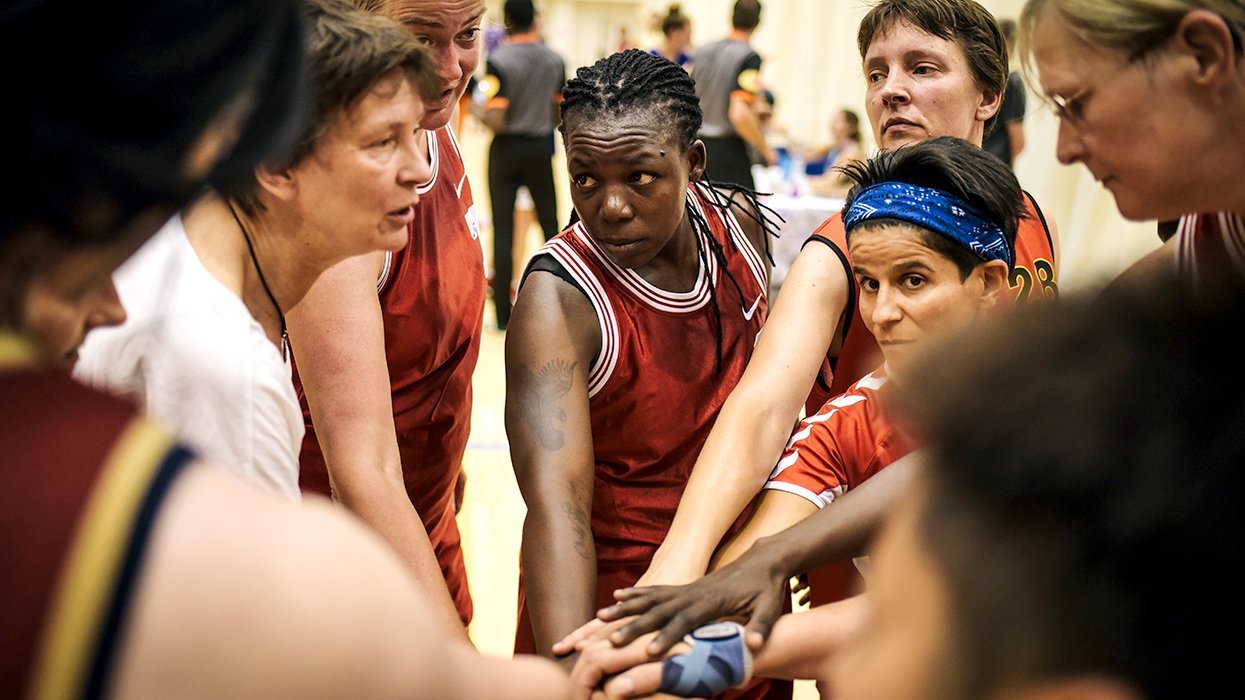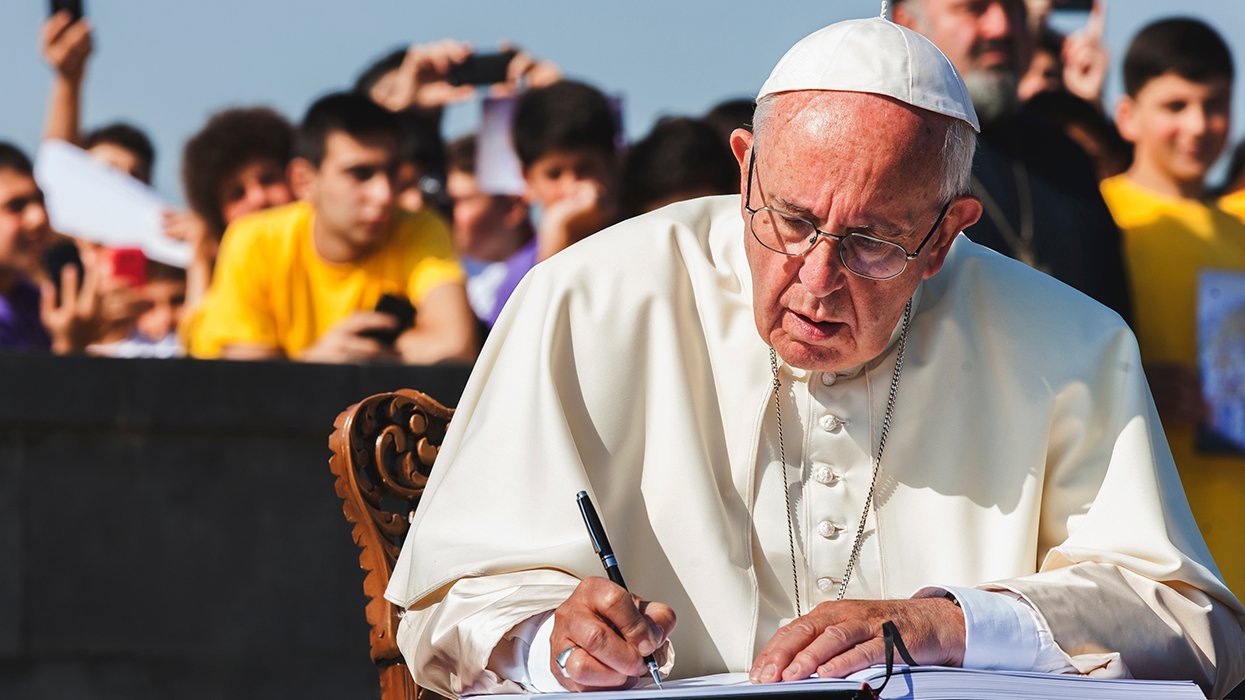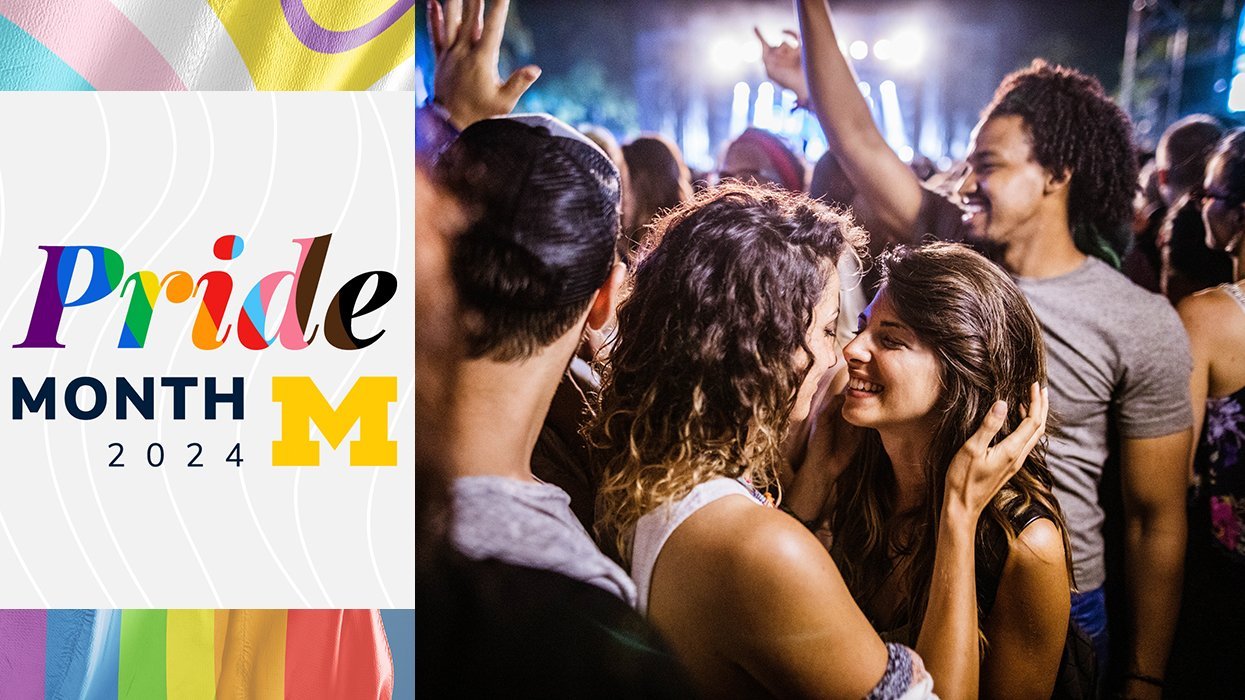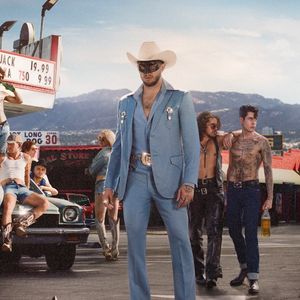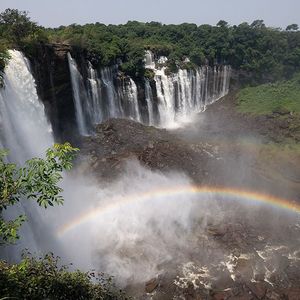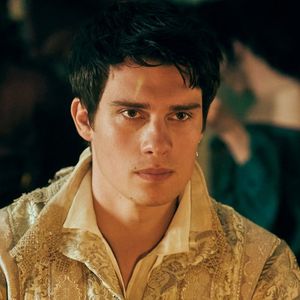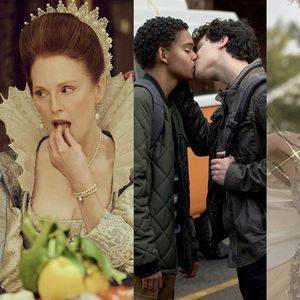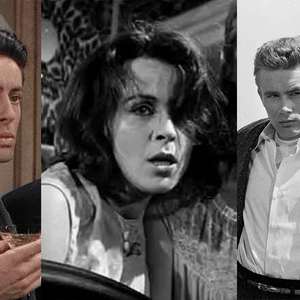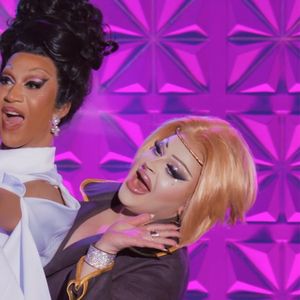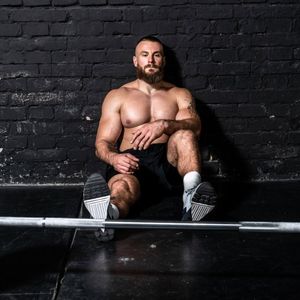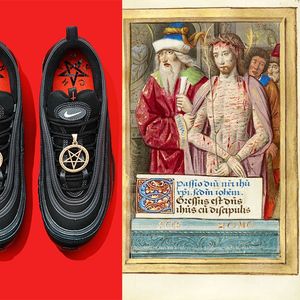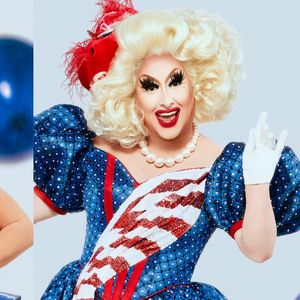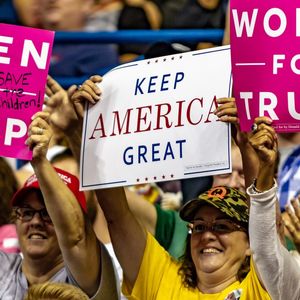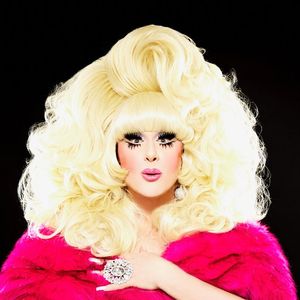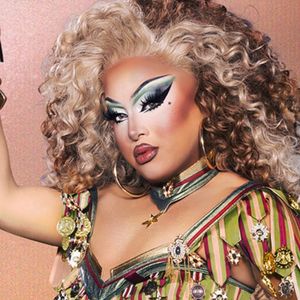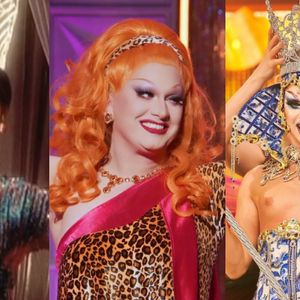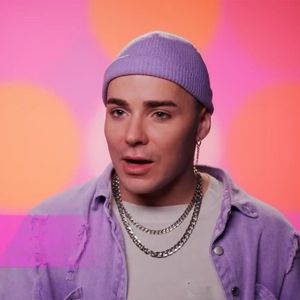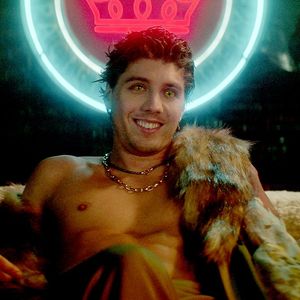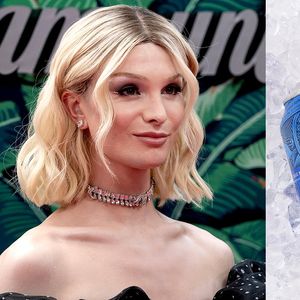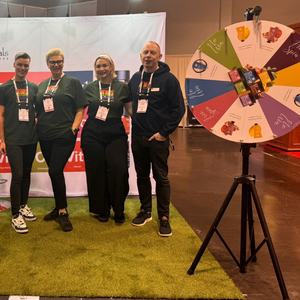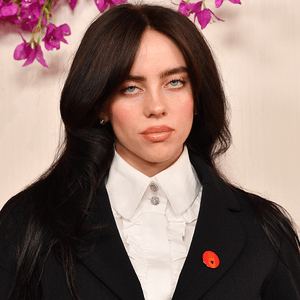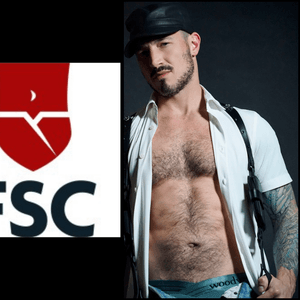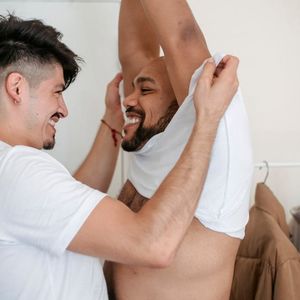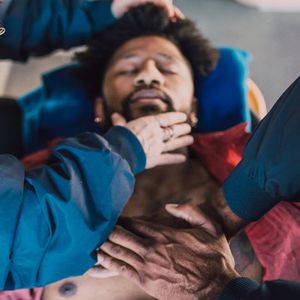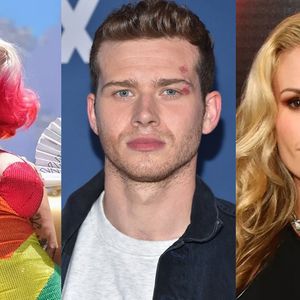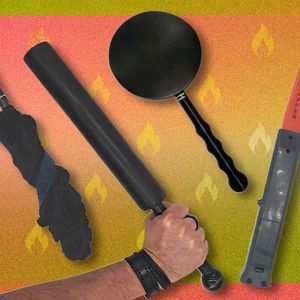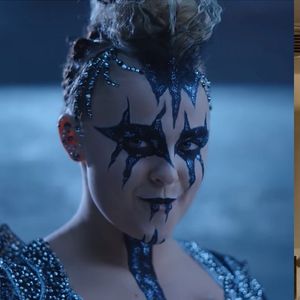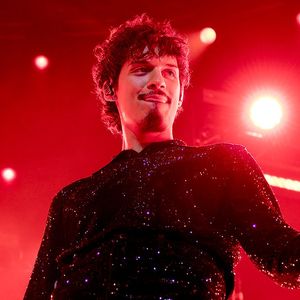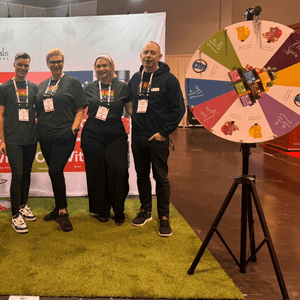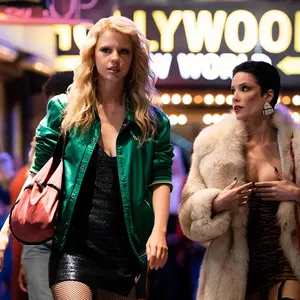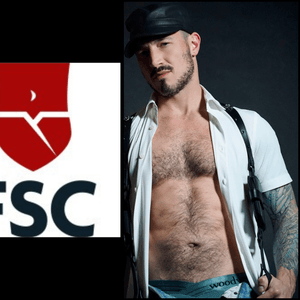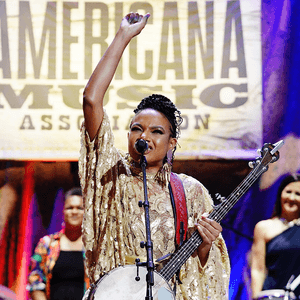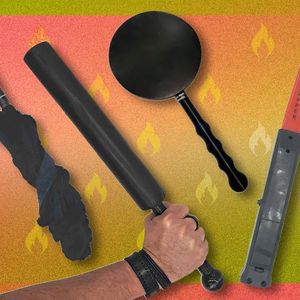On the second
floor of a Manhattan community health center Thursday, poet
A.B. Lugo recited a piece called "Hip-Hop Is Dead." In it,
Lugo attributes the death of hip-hop culture to "the
advent of bling-bling and bad R&B singing." In its
afterlife, Lugo continues, hip-hop has become "corny
and Top 40."
But Lugo's poem
cites another culprit for what he views as the culture's
demise: fans' acceptance of derogatory terms for gay males.
Fans, Lugo lamented, "accepted it instead of
rejecting. Now everyone seems to be expecting it."
Lugo, tall with
dark hair and openly gay, performed at the kickoff of the
third annual Peace Out East, a four-day event that brings
together nonmainstream hip-hop artists, activists, and
fans--many of them lesbian, gay, bisexual, and
transgender.
They celebrate
"Homo Hop," MCs, DJs, spoken-word artists, filmmakers,
visual artists, and dancers whose work is heavily influenced
by hip-hop.
There has yet to
be an openly gay breakthrough hip-hop artist, though
some, like Brooklyn's Caushun a few years ago, have tried.
No high-profile artists appeared at Peace Out East.
The festival,
variations of which are held throughout the year in
Atlanta, Minneapolis, Portland, Ore., and London, ran
through Sunday in Brooklyn and Manhattan.
"It provides a
space where this community of hip-hop heads has
venues, has performance spaces," said Shante Smalls
Paradigm, the festival's cocreator and organizer.
"Many of the spaces and venues that we're in [this
weekend] are spaces that the artists couldn't
necessarily book themselves."
"It's a way to
really let general folks, hip-hop folks, mainstream
gay people, and these venues know that there's an actual
market for this," said Paradigm, who is an MC and is
pursuing a doctorate in performance studies at New
York University, one of the festival's sponsors.
In addition to
the usual film screenings and performances, Paradigm added
panel discussions to this year's program to tackle heavy
issues.
"There are issues
brought up through the music that people really want
to talk about," she said. "There's some very deep and
powerful things to be said and done around health issues.
Not just HIV but cancer, asthma, environmental racism,
wellness. I felt it was really important to address
other aspects of the lesbian, gay, bisexual,
transgender, and queer hip-hop community."
"A lot of the
health issues that face people of color and queer
people and young people are often disassociated from the art
that perhaps they enjoy, or that art even speaks to
it," Paradigm added. "It's important to remember that
these are whole people."
Lugo's
performance at the Ryan Chelsea-Clinton Community Health
Center in Manhattan, for example, opened the panel
discussion about the intersection of hip-hop, health,
and gays. The panelists were mostly health outreach
workers who target teenagers and young adults. They
explored questions of whether hip-hop was a tool or a
barrier in providing health and wellness care. For
instance, does hip-hop help or hinder when it comes to
trying to get young people to practice safe sex or
abstinence while bombarding them with sexual imagery,
antigay messages, and strict definitions of
masculinity and femininity?
"It has amazing
power because so many people listen to it," Leticia
Peguero, a community relations manager at the YWCA who
attended the discussion, said of hip-hop. "But it can
be a barrier to promoting healthier behavior. We have
little control over what people do with these images."
Some felt the
music's well-defined notions of manhood and often violent
indictments of homosexuality contributed to diminished
self-worth among many gay youth, that in turn led to
risky behavior such as unsafe sex.
Others on the
panel, including Jagadisa-devasri Dacus, said hip-hop, for
all its blemishes, can be used to reach and better serve
young people. For example, some panelists said,
understanding the culture's constantly changing argot
led to more honest conversations with young clients about
their health.
"Hip-hop culture
can be used to implement a lot of really fantastic HIV
work," said Dacus, director of the African-American Capacity
Building Initiative at the Harm Reduction Coalition in New
York.
Paradigm hopes
the spirited discussion carries over to New York
University on Friday, when the second panel discussion will
be held. It will address hip-hop and religion.
Paradigm said she was inspired to start the festival
after attending the Peace Out World Homo Hop in
Oakland, Calif. Peace Out East, she said, is in the
tradition of "community specific festivals," such as
the one in Oakland and the annual Womyn's Music
Festival in Michigan.
"It's a place
where you can be queer and brown and white" and enjoy
hip-hop, Paradigm said. "Not just a space, but it's not
violent and it doesn't violate who you are." (AP)













